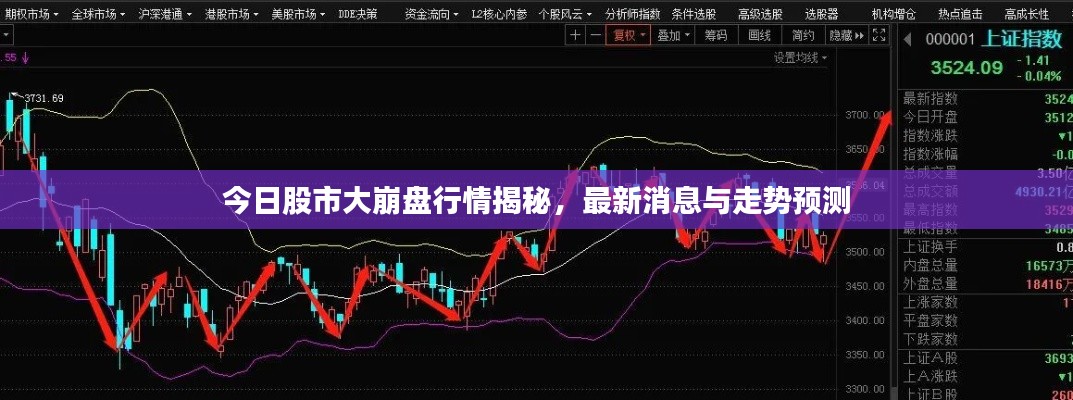Introduction to Real-Time Data Transmission
Real-time data transmission has become an integral part of modern communication systems, enabling the instant exchange of information across various platforms. This article delves into the concept of real-time data transmission, its importance, and the technologies that facilitate its seamless operation.
What is Real-Time Data Transmission?
Real-time data transmission refers to the process of sending and receiving data in real-time, ensuring that the information is delivered and processed immediately. Unlike traditional data transmission methods that may involve delays, real-time transmission guarantees that the data is available and actionable at the moment it is needed.
Importance of Real-Time Data Transmission
The significance of real-time data transmission cannot be overstated, especially in industries such as finance, healthcare, and telecommunications. Here are some key reasons why real-time data transmission is crucial:
Immediate Decision Making: In sectors like trading, where split-second decisions can make a significant difference, real-time data transmission ensures that traders have access to the latest market information to make informed decisions.
Enhanced Customer Experience: In customer service, real-time data transmission allows for immediate response to customer inquiries, leading to improved satisfaction and loyalty.
Public Safety: In emergency services, real-time data transmission is vital for coordinating responses and ensuring the safety of citizens.
Operational Efficiency: Real-time data transmission helps businesses optimize their operations by providing timely insights into production, inventory, and supply chain management.
Technologies Facilitating Real-Time Data Transmission
Several technologies have been developed to enable real-time data transmission, ensuring that the information is delivered efficiently and reliably. Here are some of the key technologies:
Internet of Things (IoT): IoT devices, equipped with sensors and connectivity, generate vast amounts of data that need to be transmitted in real-time to be useful.
5G Technology: The fifth generation of mobile networks offers significantly higher speeds and lower latency, making it ideal for real-time data transmission.
WebSockets: WebSockets provide a full-duplex communication channel over a single, long-lived connection, enabling real-time data exchange between the client and server.
Message Queuing Telemetry Transport (MQTT): MQTT is a lightweight messaging protocol designed for low-bandwidth, high-latency, or unreliable networks, making it suitable for IoT applications.
Real-Time Operating Systems (RTOS): RTOS are designed to handle real-time tasks with minimal delay, ensuring that data is processed and transmitted promptly.
Challenges and Considerations
While real-time data transmission offers numerous benefits, it also comes with its own set of challenges and considerations:
Security: Ensuring the security of real-time data is crucial, as sensitive information may be at risk during transmission.
Scalability: As the volume of data increases, systems must be able to scale up to maintain real-time performance.
Latency: Minimizing latency is essential for real-time applications, and network conditions can significantly impact this.
Quality of Service (QoS): QoS mechanisms must be in place to prioritize real-time data over non-essential traffic.
Conclusion
Real-time data transmission is a cornerstone of modern communication systems, enabling the instant exchange of information that is critical for various industries. With the advancements in technology, such as 5G and IoT, real-time data transmission is becoming more accessible and efficient. However, addressing the challenges and considerations associated with real-time data transmission is essential to ensure its reliability and security. As the demand for real-time data continues to grow, the industry will need to innovate and adapt to meet these evolving needs.
转载请注明来自青州金山泉水处理设备有限公司,本文标题:《实时数据传输 英文,数据传输实时性 》















 鲁ICP备18013447号-2
鲁ICP备18013447号-2